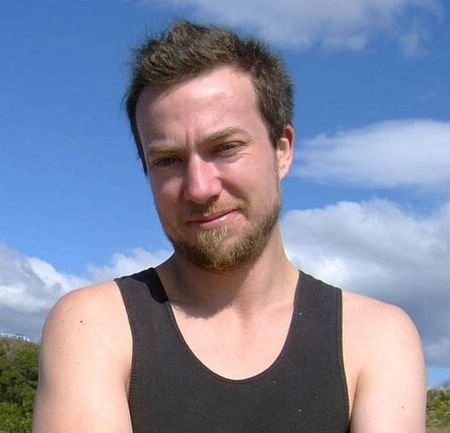"First of all, is it not so that the things and values we distinguish, name, and imagine to be absolutely separate from one another - such as subjects and objects, life and death, right and wrong - in fact only arise and exist together with their respective opposites, and are only discriminated, and become meaningful, in relation to them. Moreover, because each individual's particular view and understanding of the world (which is itself always changing) is relative to that of every other individual, and, in turn, the view of the human species relative to that of other animals, no one can claim to have absolute knowledge about anything. Our knowledge is also not absolute because it is a circular, justifying and verifying itself in only terms of itself, and because, like the language it is articulated in, it is conventional and consensual - as the text says, 'A road is made by people walking on it; things are so because they are called so', (Watson 1968: 40).
The Chuang-tzu asks, then, do we really know what we think we know? That our good is the good, and good for others? That life is better than death? That we are waking and not dreaming? The Sage escapes this sceptical limbo by turning inward in meditation, stilling the mind and emptying it of thoughts, and thus achieving mystical insight and union with the Tao. The Tao or Way, also referred to as Heaven, is nothing less than the dynamic totality of existence, the natural functionin"
More




0 Comments:
Post a Comment
<< Home